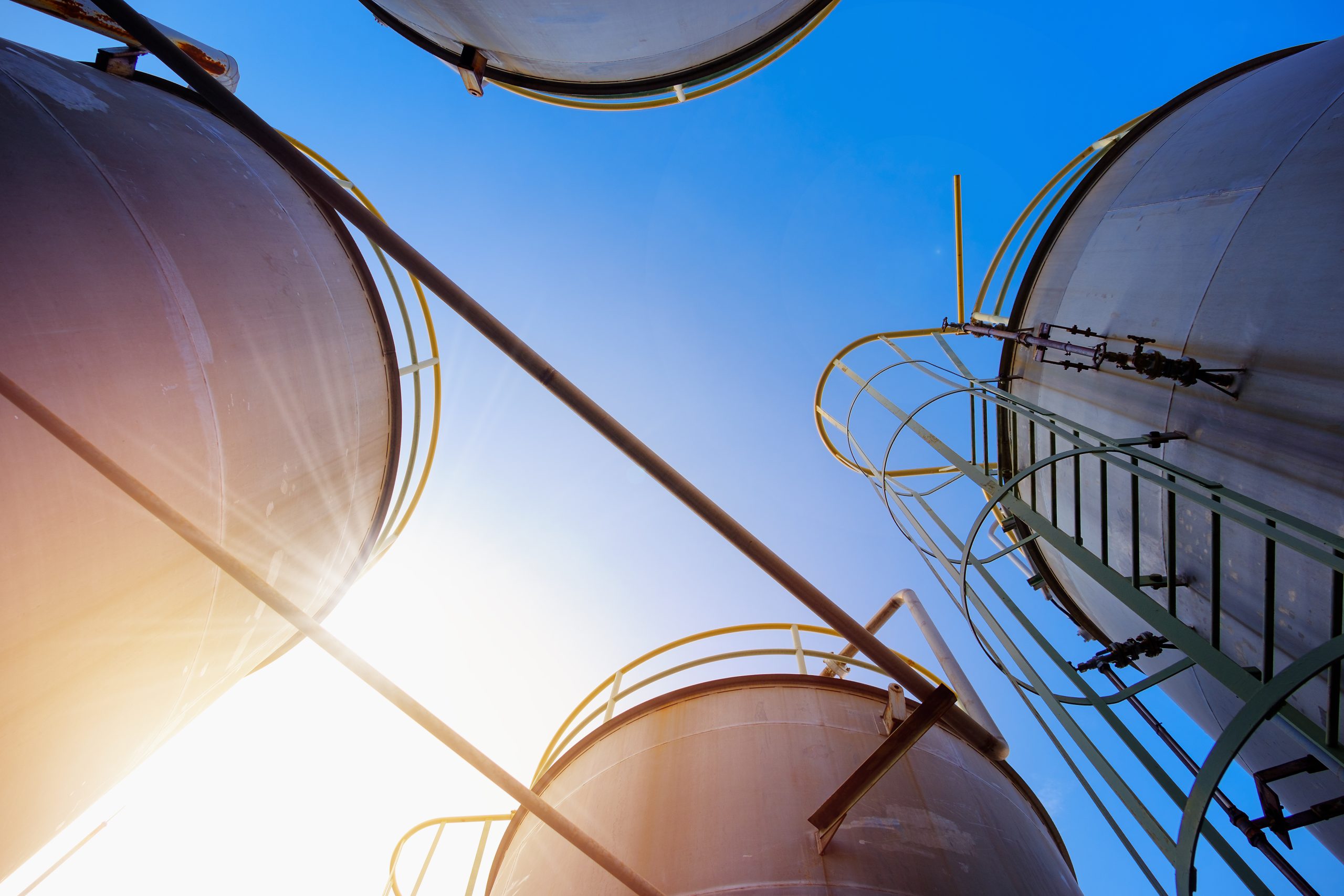
Why Bigger May Be Better for Fuel Tank Storage
In the world of fuel storage, it’s important to think big. When it comes to bulk tanks, bigger is usually better – both in terms of value and convenience. Expanding your tank capacity can lead to substantial savings and ensure supply security in this ever-changing market.
Why a bigger tank?
Traditionally, 10,000-gallon tanks have been a popular choice for many businesses. However, it’s smart to consider typical fuel delivery volumes and the tank’s usable capacity before making a decision.
The usable capacity of fuel tanks is less than the total capacity in gallons. Around 10% of the tank’s upper portion cannot be filled due to environmental regulations – such as the EPA Overfill Prevention (underground Tanks) and the EPA Spill Prevention (above ground tanks) — and fluid expansion concerns. Additionally, the bottom 10% is often considered unusable because the fuel pump cannot reach low enough to draw fuel. Regardless of your tank’s capacity, you’re effectively limited to utilizing roughly 80% of it. On the delivery side, full truckloads of diesel are typically 7,500 gallons, while gasoline deliveries reach approximately 8,500 gallons.
Let’s look at the numbers. A 10,000-gallon tank may look like the best choice for many companies, but in reality, it provides only 8,000 gallons of usable space, leaving a very narrow window to fit a full truckload of fuel. There is always the option for partial loads, but it will require companies to spend more dollars with additional freight costs – since each delivery can cost an extra $75 to $150 in freight fees, it can significantly impact their fuel budget over time.
What’s the optimal tank size?
For companies considering a 10,000-gallon tank, a 12,000-gallon tank may be a better option. By choosing this slightly larger tank, companies grant around 9,600 gallons of usable capacity. The best part of investing on a bigger tank? The cost difference between a 10,000-gallon tank and a 12,000-gallon tank is only moderate, making it a good plan for future savings.
If your location burns over 1,000 gallons per day, you might consider an even larger tank to ensure supply security and market flexibility. In this case, consider a 15,000 to 20,000 gallons, or even more if your fuel needs are extremely high. Whatever your demand, you want to leave several days between the point when you can fit a full truckload delivery and the point when you’ll be out of fuel.
Count on Mansfield’s Expertise
When deciding to install a fuel tank, partner with a reliable supplier that can fulfill your unique needs. Mansfield’s team of fuel experts is ready to help you say goodbye to unnecessary freight costs, high retail premiums, limited delivery timeframes, and compromised supply security.
Mansfield offers a complete lineup of fueling system design, installation, and maintenance services. If you have been contemplating fuel tank installation, give our experts a call and let them help you find a solution right for you and your business. Mansfield would be happy to assist you in evaluating the best tank alternatives if you are interested in accelerating your company to the next level. Contact us today to get started.

This article is part of Daily Market News & Insights
Tagged:
MARKET CONDITION REPORT - DISCLAIMER
The information contained herein is derived from sources believed to be reliable; however, this information is not guaranteed as to its accuracy or completeness. Furthermore, no responsibility is assumed for use of this material and no express or implied warranties or guarantees are made. This material and any view or comment expressed herein are provided for informational purposes only and should not be construed in any way as an inducement or recommendation to buy or sell products, commodity futures or options contracts.





